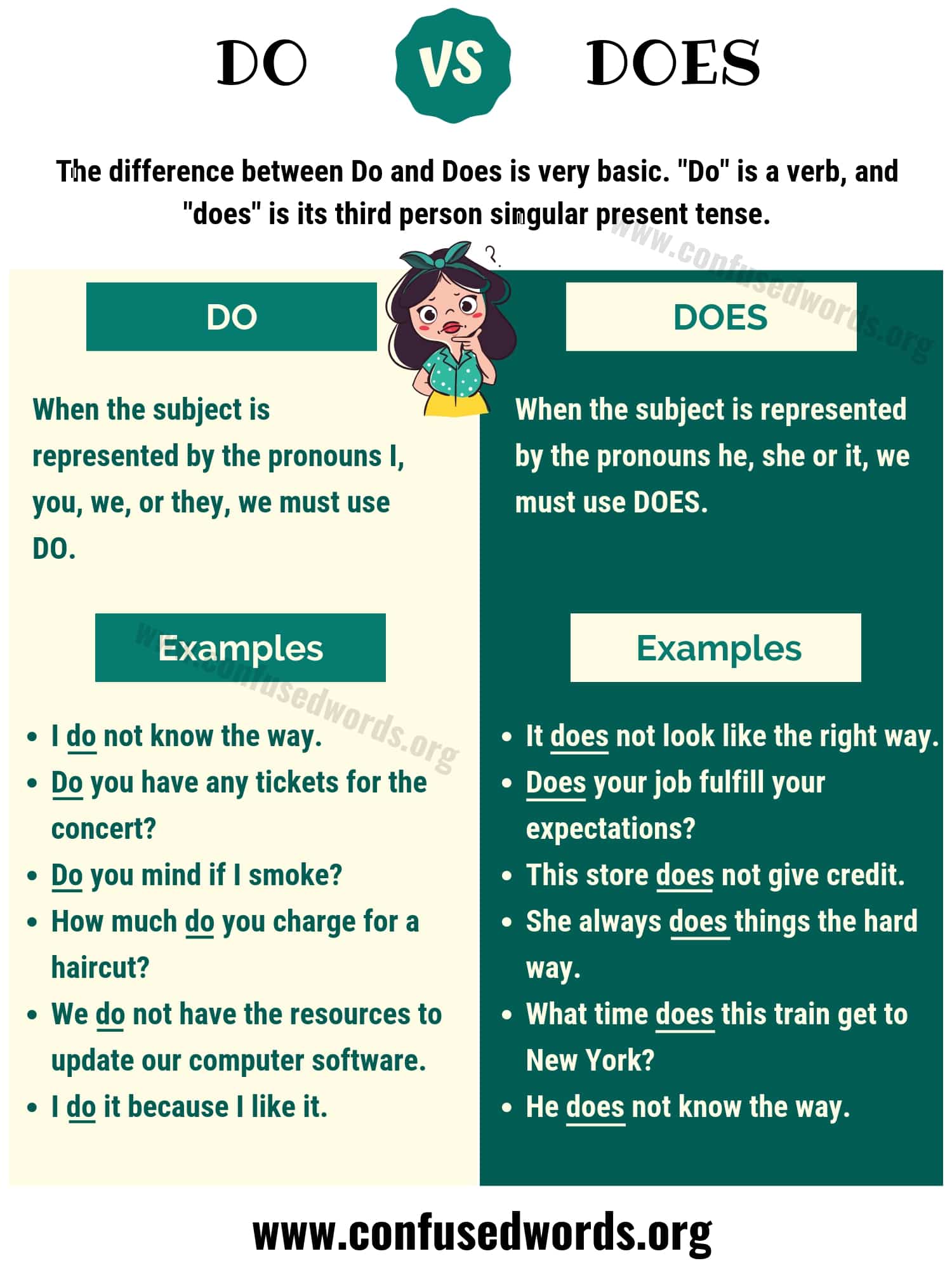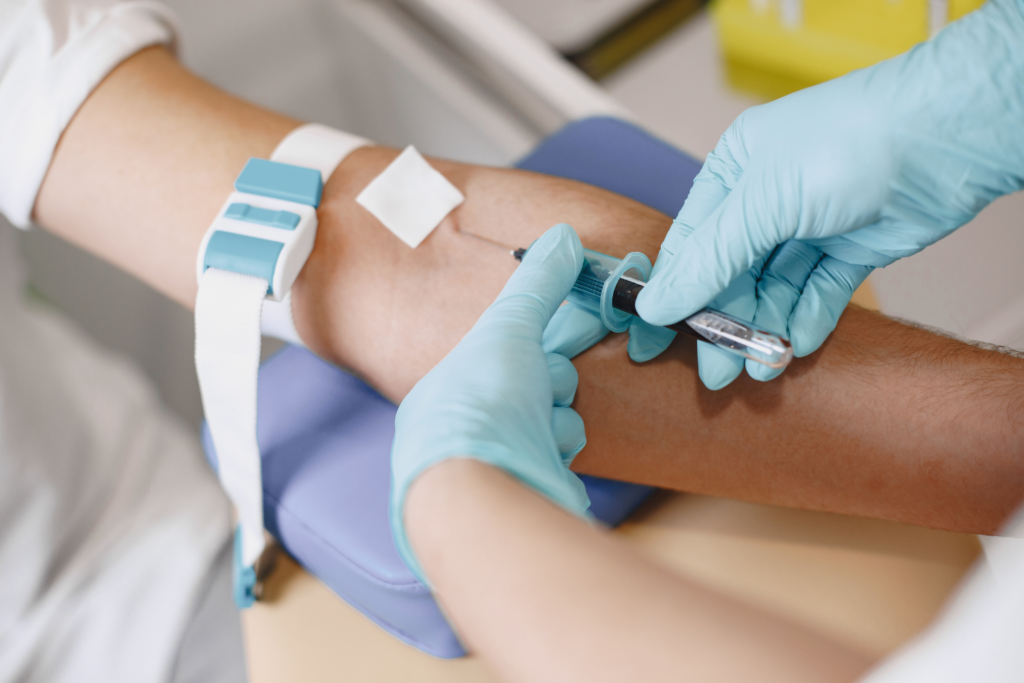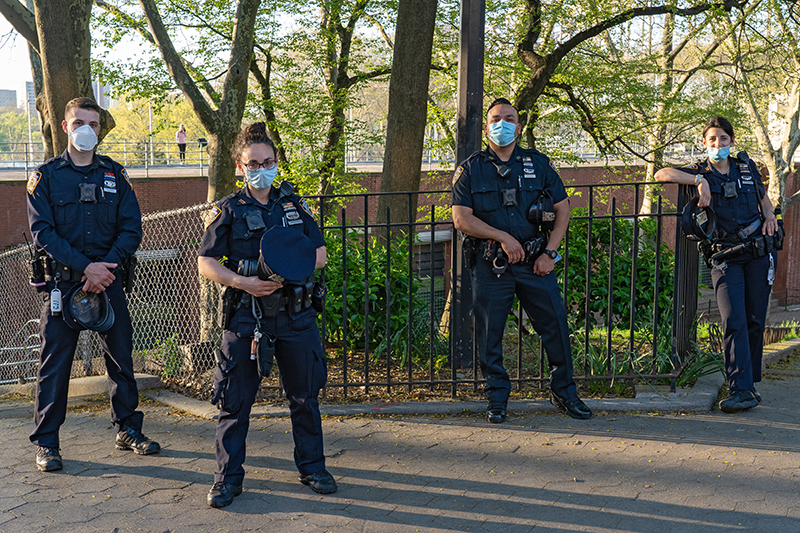How to Request a Wellness Check: Step-by-Step Guidance and Essential Contacts
Understanding Wellness Checks: What They Are and When to Request One
A wellness check-sometimes called a welfare check-is a service provided by local law enforcement to verify the safety and well-being of someone when there is reason to be concerned for their health or safety. These checks are crucial when you are unable to reach someone, notice troubling changes in their behavior, or suspect they might be in immediate danger. Wellness checks are used in a variety of situations, such as when a loved one stops answering calls unexpectedly, an elderly neighbor has not been seen for several days, or someone shares distressing statements or messages.
Law enforcement takes wellness checks seriously because they can be life-saving interventions. However, knowing who to call and how to request a wellness check properly makes the process smoother and ensures the best possible outcome for the person in question.
Who Should You Call for a Wellness Check?
The appropriate contact for a wellness check depends on the urgency and location of the situation. Below is a breakdown of the steps you can take:
1. Emergency Situations
If you believe someone is in immediate danger-such as a medical emergency, threats of self-harm, or evidence of violence- call 911 right away . Emergency dispatchers are trained to assess the situation quickly and send the most appropriate help, whether it’s police, fire, or medical personnel. For example, if someone expresses suicidal thoughts or you fear they may have suffered a fall and can’t respond, dialing 911 ensures a rapid response from emergency services [3] .
2. Non-Emergency Wellness Checks
For situations that are concerning but not immediately life-threatening-such as a neighbor who hasn’t been seen in a few days, or a family member who has stopped returning calls-use your local police department’s non-emergency number . In many cities, these numbers are available 24/7. For example, in San Francisco, the non-emergency police number is 1-415-553-0123 [2] . In San Antonio, you can call (210) 207-7273 [4] . You can find your city’s non-emergency number by searching “[Your City] police non-emergency number.”
3. Other City Services and Resources
If you’re unsure whether the situation warrants a police response, many municipalities offer a 311 service for non-emergency concerns and to connect you with city resources. This can be especially useful for issues related to elderly residents, unhoused individuals, or mental health support. The 311 service is available in most large cities and can assist you in determining the best course of action [3] . If you’re outside a major city or unsure which number to use, consider contacting your local government’s main office or searching for official contact information online.

Source: rvem.org
How to Request a Wellness Check: Step-by-Step Instructions
Follow these steps to request a wellness check, regardless of whether you use 911 or a non-emergency police number:
- Gather Information: Be ready to provide the person’s full name, exact address, and any pertinent details about the circumstances (such as medical conditions, recent behaviors, or potential risks) [1] .
- Assess the Urgency: Decide if the situation is an emergency (call 911) or a non-urgent concern (call the non-emergency police number).
- Make the Call: Clearly state you are requesting a wellness check. Provide all relevant information calmly and answer any questions the dispatcher or officer asks. They may inquire about your relationship to the person, any recent contact, and the reasons for your concern.
- Follow Up: After the request, you can ask the dispatcher if there will be a report or if you can receive a callback once the check is completed. Note that privacy laws may limit the information you receive.
What Happens During a Wellness Check?
Once a wellness check request is made, officers are dispatched to the location. They will attempt to make contact by knocking on the door and announcing their presence. If the person does not answer, officers may look through accessible windows, speak with neighbors, or check for signs of distress. If there is clear evidence of a medical emergency or distress (such as calls for help or visible injuries), officers are authorized to enter the home to provide assistance [1] . If there is no sign of immediate danger, they may leave a contact card for the resident to get in touch.
In most cases, the person who requested the wellness check remains confidential, though law enforcement may disclose some details if safety requires it or during legal proceedings.

Source: clubhouse.com
What to Expect if a Wellness Check Is Requested on You
If someone requests a wellness check on you, expect a visit from local law enforcement. Officers will attempt to confirm your well-being. If you’re safe and well, simply explain the situation. Officers will typically document the visit and leave. If they observe signs of distress or risk, they may offer connection to emergency or mental health services [1] . The primary goal is to ensure your safety, not to intrude or penalize.
Examples and Real-World Scenarios
Consider the case of an individual who posted alarming messages online, prompting a friend to call the police for a wellness check. Officers responded and, after speaking with the person, determined no immediate intervention was needed [5] . In another situation, an elderly neighbor had not collected mail for several days. A concerned neighbor called the non-emergency police number, resulting in officers checking and finding the resident was simply away visiting family.
These examples highlight the importance of wellness checks as a tool for community safety and support. However, there have also been instances where wellness checks have led to unintended consequences, especially when there is confusion or escalation. It’s important to communicate as much information as possible and, when in doubt, seek advice from city services or mental health professionals.
Challenges and Alternative Approaches
While wellness checks are valuable, there are challenges. Some individuals may feel anxious or threatened by a police visit, particularly those with mental health concerns or previous negative experiences with law enforcement. If you believe a police response may not be the best option, consider these alternatives:
- Contact Local Mental Health Services: Many communities have crisis intervention teams or mobile mental health units that can respond to non-violent mental health emergencies. Search for “[Your City] mental health crisis team” or visit your local health department’s website.
- Community or Social Services: For concerns involving older adults or vulnerable populations, agencies such as Adult Protective Services or local Area Agencies on Aging can conduct wellness visits or provide referrals. Search for these agencies using your city or county name for official contact information.
- Trusted Friends or Family: In some cases, a friend or family member may be able to check in on the person if they live nearby and it is safe to do so.
Step-by-Step Summary: How to Get a Wellness Check for Someone
- Determine whether the situation is an emergency or non-emergency.
- Gather the person’s full name, address, and relevant details.
- Call 911 for emergencies, or use the local police non-emergency number for non-urgent concerns.
- Clearly state your request for a wellness check and provide all information requested.
- Follow up if necessary, understanding that privacy laws may limit what can be shared with you.
- Consider alternative resources if a police response may not be ideal.
Key Takeaways
A wellness check can be a crucial step in ensuring someone’s safety when you are concerned for their well-being. Use 911 for emergencies, non-emergency police lines for less urgent concerns, and consider alternative services when appropriate. Always provide clear, accurate information and be prepared for follow-up questions. If in doubt, city services such as 311 can provide guidance and connect you to the right resources [3] .
References
- [1] LawyersFTP (2024). How to Get a Wellness Check on Someone.
- [2] San Francisco Police Department. When to Call 9-1-1.
- [3] City and County of San Francisco (2025). Make the right call for the right help.
- [4] City of San Antonio. SAPD Non-Emergency Police.
- [5] The Law Dictionary (2023). What Is a Police Welfare Check?
MORE FROM 9scholarships.de













